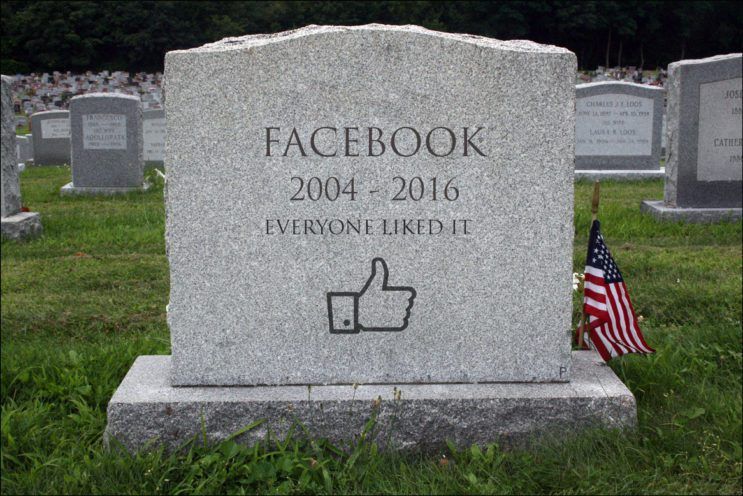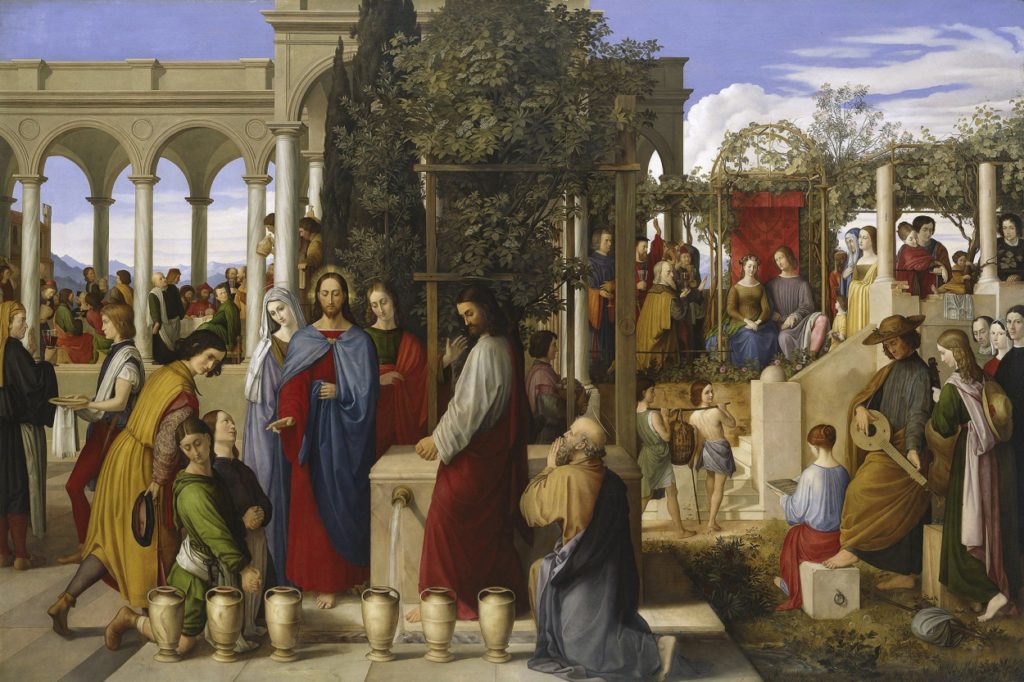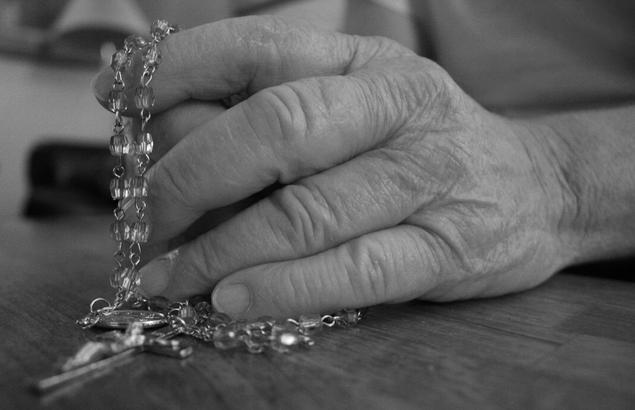The Artificiality of Social Media
The Decline of Social Media With Elon Musk’s purchase of Twitter, there’s been a lot of media coverage about social media in general. Many, including myself, think that we’ve reached “peak media” and will see a decline in the use of social media in the coming years. I hope this will open the door for […]
The Artificiality of Social Media Read More »








